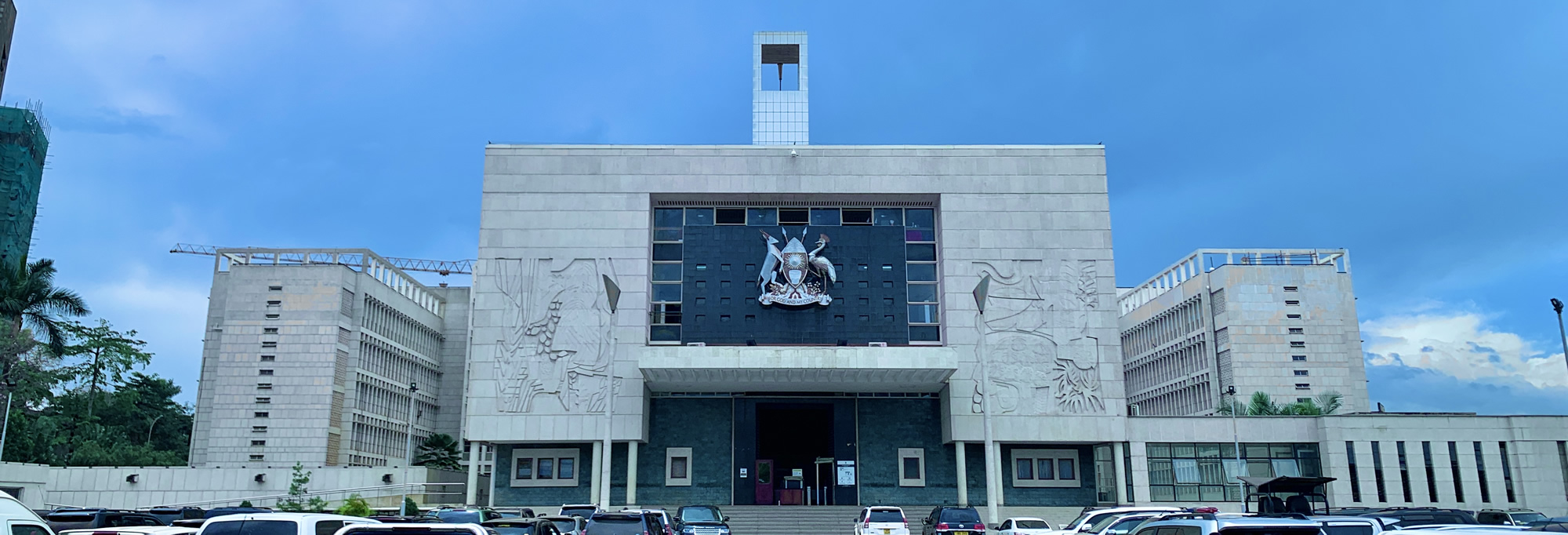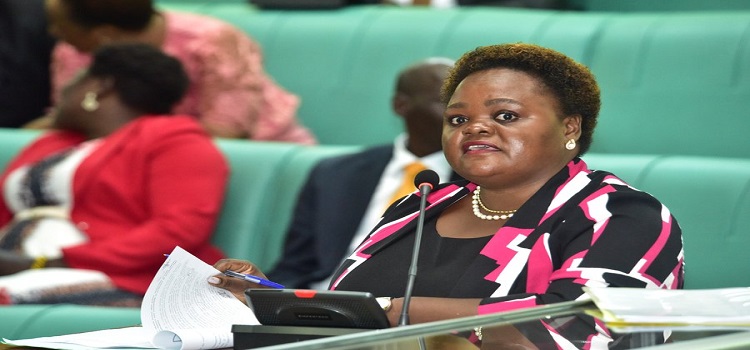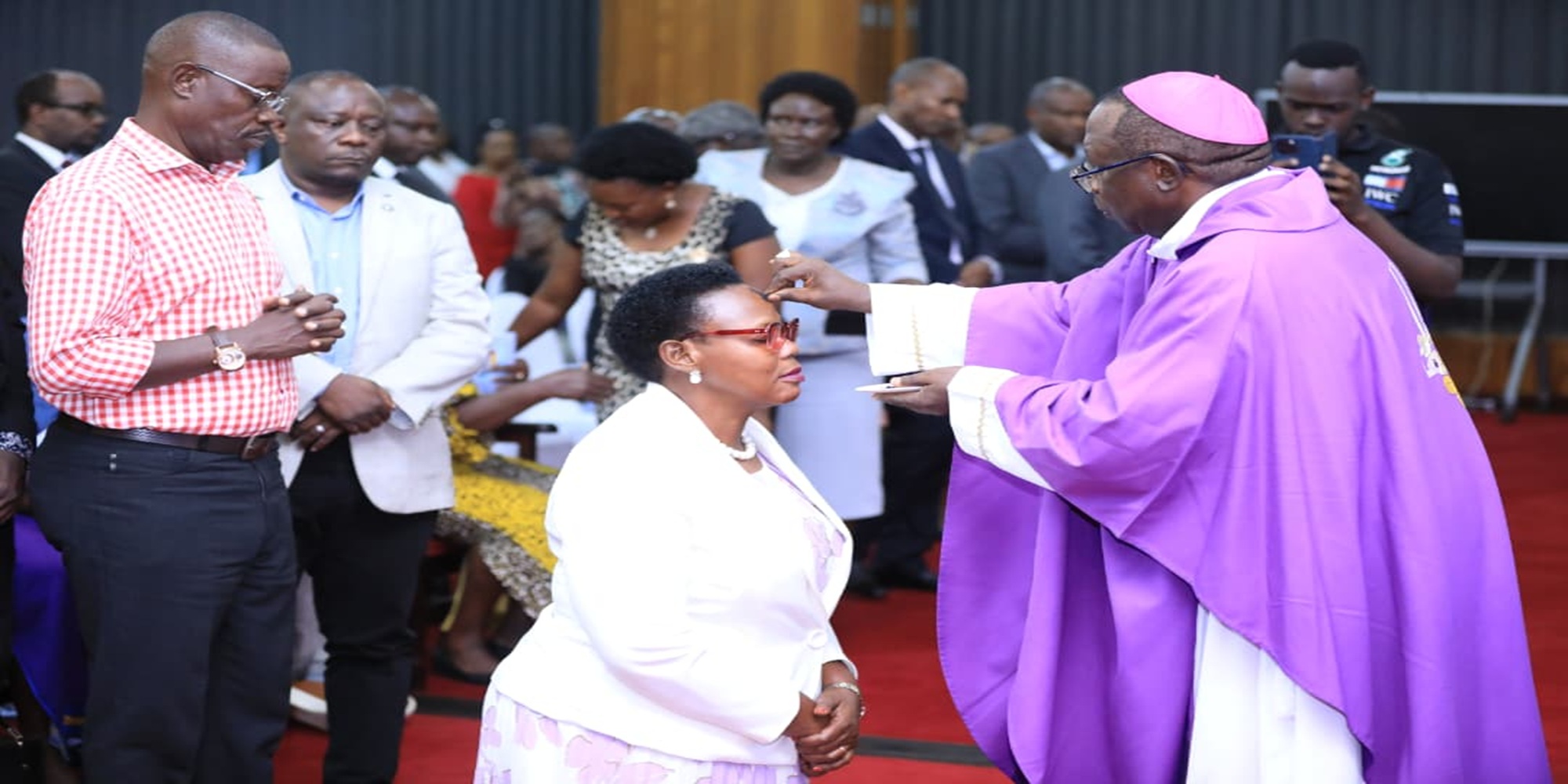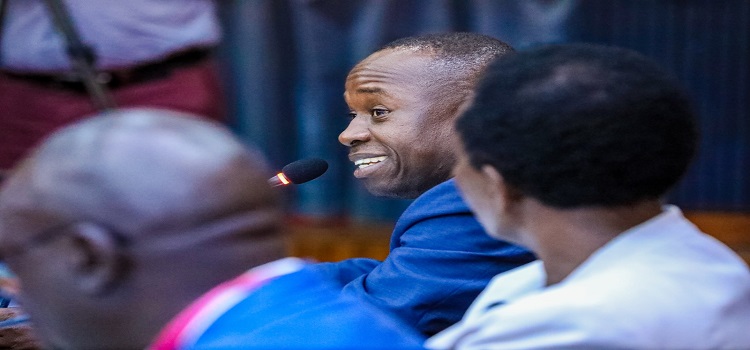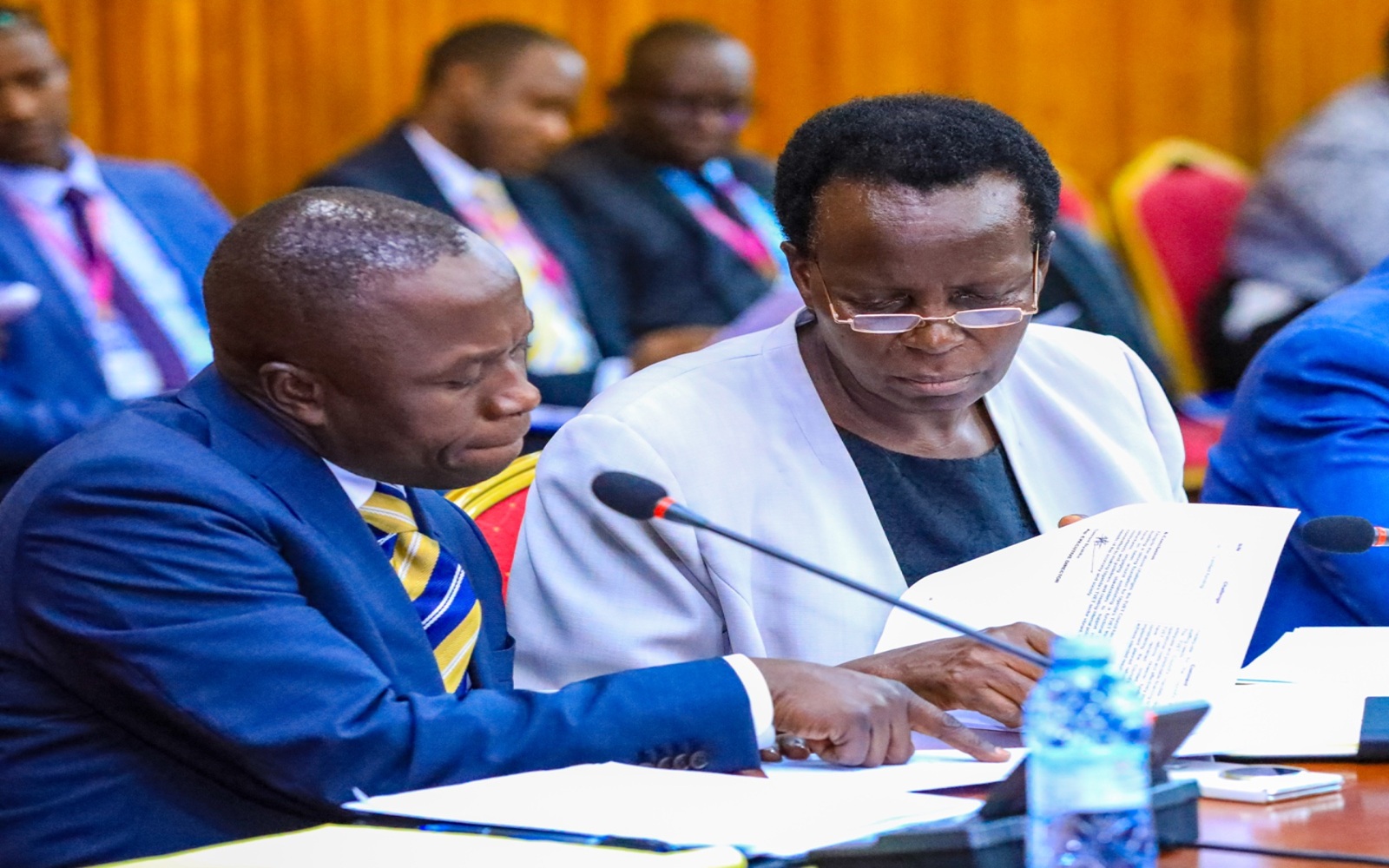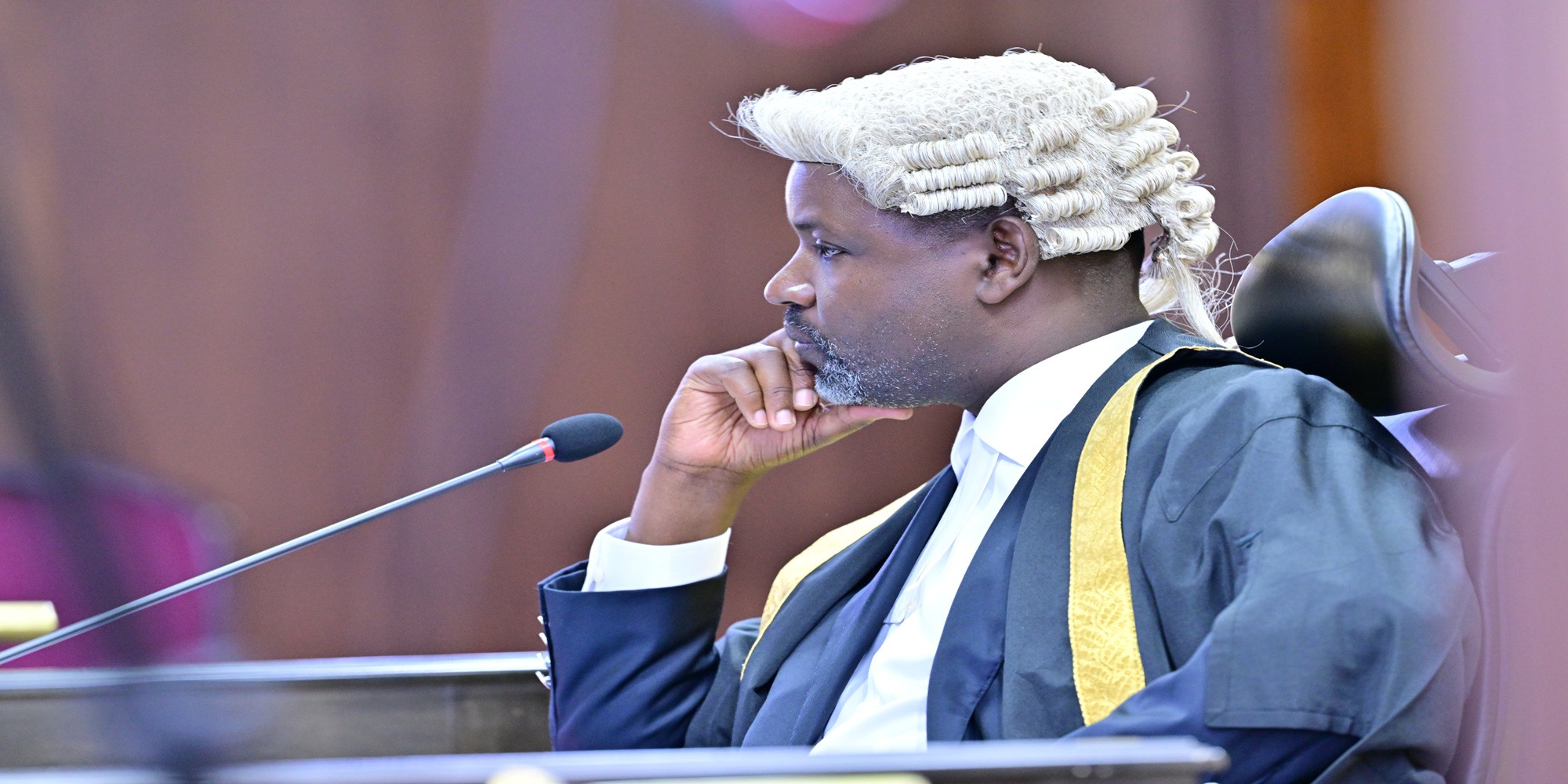Lawmakers have proposed the establishment of separate cells for inmates who are HIV positive in order to prevent the spread of the virus within the detention facilities.
Ibanda North Member of Parliament, Hon. Xavier Kyooma made the proposal during a debate on a report by the Committee on HIV/AIDS on Wednesday, 06 July 2023.
The report focused on assessing the high HIV prevalence rates and the accessibility of HIV service delivery in police and prison detention facilities.
Kyooma emphasised the importance of ensuring the rights of HIV positive inmates by providing regular access to antiretroviral drugs.
He highlighted the limited freedom of incarcerated individuals and the need to protect their health.
"Unlike other HIV patients in the public who may have an opportunity to buy their own ARVs, the freedoms of the inmates are limited by the confinement. Is it possible that all the prisoners can be subjected to testing so that those who have can be separated from those who don't have?" he said.
Buzaaya County MP, Hon. Martin Muzaale acknowledged the potential debate on stigma against HIV patients but emphasized the urgency of finding a short term solution to the congestion in prisons.
Muzaale shed light on the challenging conditions within police cells where new inmates are subjected to the whims of cell leaders.
"You are congested there like 20 or more people. You are at the mercy of that ‘commander’ in that cell or any act that they may wish to do to you," he said.
The concerns over the treatment of HIV positive prisoners was raised by The Chairperson of the committee, Hon. Sarah Netalisire.
She highlighted the lack of specialised nutritional needs for HIV positive prisoners and the absence of accommodation facilities designed to separate them.
Netalisire noted the findings of the Uganda Prisons Sero-Behavioral Survey Report, which revealed that some prisoners contracted HIV while in prison.
The report attributed the high prevalence of HIV in prisons to risky behaviors, violent incidents and potentially acts of homosexuality.
Netalisire added that the committee was not able to independently verify the occurrence of homosexuality due to the secrecy surrounding the practice, but recommended further investigation.
"Prisoners have experienced issues of homosexuality in prisons and therefore, looking at the survey that was conducted by the prisons themselves, it made the committee confirm that homosexuality is taking place in prisons," she added.
Netalisire also highlighted the poor treatment of HIV patients in police custody, with privacy and adherence to treatment being major concerns.
Kigulu County South MP, Hon. Milton Muwuma said it is challenging to investigate reports of homosexuality in prisons, citing a cover up between prison authorities and inmates.
He called for improved access to justice and the construction of more prison facilities to combat the issue.
In the report, the committee found that police authorities did not provide adequate HIV services to suspects within the prescribed 48 hour detention period.
Suspects' HIV statuses were determined without going into detail about their treatment.
Additionally, the committee expressed concern about the limited number of health workers in police health centres and the inadequate facilities for HIV service delivery.
The committee's findings prompted MPs to express their concerns about the living conditions and treatment of HIV patients in prisons.
Rushenyi County MP, Hon. Naome Kabasharira said although inmates are in prisons, their rights need to be respected.
